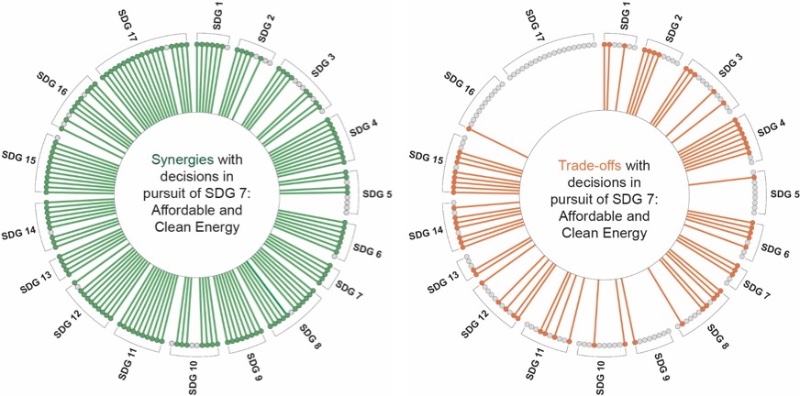Med utgångspunkt i den senaste vetenskapen på området presenteras centrala hållbarhetsbegrepp och verktyg för att undersöka hur energiforskning, projekt och politik kan påverka (positivt eller negativt) uppnåendet av vart och ett av de 169 målen i FN:s 17 mål för hållbar utveckling.
Kursen fokuserar på den senaste vetenskapen för att bedöma sambanden mellan forskning, projekt och politik och en bredare hållbar utveckling.
Studenterna kommer i kursen att lära sig använda verktyg för att utvärdera hållbarhetskonsekvenserna av ett specifikt energiprojekt.
Kursen betsår av föreläsningar och praktiska övningar.
